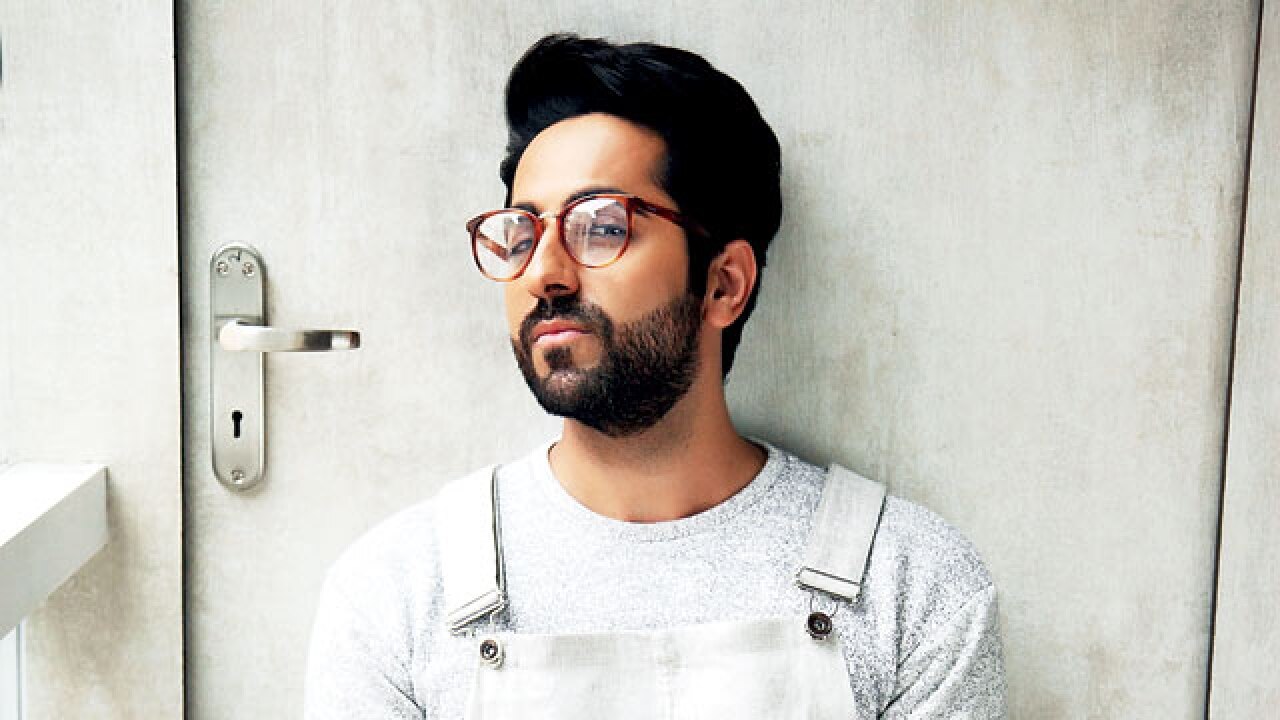
Hindi is our lingua franca. In a country where there are 23 official languages and more than a 100 dialects, it’s difficult to choose your lingua franca. Spoken by a majority of the North Indian population, Hindi is a descendent of early Sanskrit through Prakrit and it is influenced by Dravidian, Turkic, Persian, Arabic, Portuguese and English. Doesn’t it feel like Chinese bhel? No, there’s no Chinese influence, it’s just a comparison, since all these years we thought shuddh Hindi was actually shuddh. Though Chinese want their influence in Arunachal Pradesh, the natives can speak shuddh Hindi. In college, I did theatre and public speaking in Hindi. Met a girl called Tahira (I’m married to her now) who used to represent her college in English debates and I used to represent mine in Hindi debates. Aur humaare chumbano ke aadaan-pradaan ke saath-saath bhaashaon ka aadaan-pradaan bhi ho gaya. Her Hindi was in accented Punjabi and my spoken English was not too great. We influenced each other so much that we ended up speaking, reading and loving both these languages.
We may say that Urdu is the language of love. Linguistically, Hindi and Urdu are two registers of the same language. Hindi is written in the Devnagari script and uses more Sanskrit words, whereas Urdu is written in the Perso-Arabic script and uses more Arabic and Persian words. Yes, Urdu is the language of love. But Hindi is the language of love and sex. It starts from the Kamasutra, where the positions are explained in Sanskrit text. In reality, only 20 per cent of the Kamasutra is about sexual positions. The majority of the book is about the philosophy and theory of love, what triggers desire, what sustains it, how and when it is good or bad. But when you go to Khajuraho to see the visual descriptions of certain positions, you realise iske liye toh pehle yoga seekhni padegi.
We all have read Nancy Friday in our teens, But have you read our home grown, vernacular, desi version of Nancy Friday — Mastram or Manohar Kahaniyaan? They are as much fun or even more. They are middle class, relatable, also expose the repressed sexuality of the heartland and are extremely entertaining. Of course they’re crass for sure.
No part of human existence remained untouched or taboo for a certain Sadat Hasan Manto. He sincerely brought out stories of prostitutes and pimps alike, just as he highlighted the subversive sexual slavery of the women of his times. To many contemporary women writers, his language portrayed reality and provided them with the dignity they long deserved.
He is still known for his scathing insight into human behaviour as well as revelation of the macabre animalistic nature of an enraged people, that stands out amidst the brevity of his prose.
Munshi Premchand, on the other hand, was more classical in his writing. The issues he raised are valid even today. But how many takers are there for our mother tongue? Is Hindi a part of our vocabulary?
I recently visited the Nehru Planetarium in Delhi and the entire explanation was in Hindi. And being an ardent lover of Hindi, I, too, didn’t know the names of certain planets in my ‘first language’. Sigh. But being a convent-educated boy, I still try my best to be up-to-date with my mother tongue. I follow the @rekhta, @Hindi_kavita and @jalwagah handles on Twitter. They’re quite cool, and absolutely palatable for Hindi and Urdu lovers. And why are we all so gung-ho about learning English? Yes, we have become global citizens, but let’s get our basics right to begin with.
Chalo phir se ‘ka kha ga’ se shuru karte hain. Bahut mazaa aayega. At the end of the day who are we really trying to impress?
Bulleh Shah and Rumi have insisted on inward journey and being our true selves since times immemorial.
Would like to end this with a Hindi poem penned by me...
Mukhaute
Chehre yeh mukhaute hain
Mukhaute hee toh chehre hain
Andar ka Ram jala diya, kaise ulte pade Dusshere hain,
Mann ki nadi ufaan pa na saki, hum dikhte kitne gehre hain.
Apni hee awaaz sun na paaye, hum poorn roop se behre hain.
Yeh mukhaute koi utaar na le, laga diye laakhon pehre hain.
Chehre yeh mukhaute hain, mukhaute hee toh chehre hain.